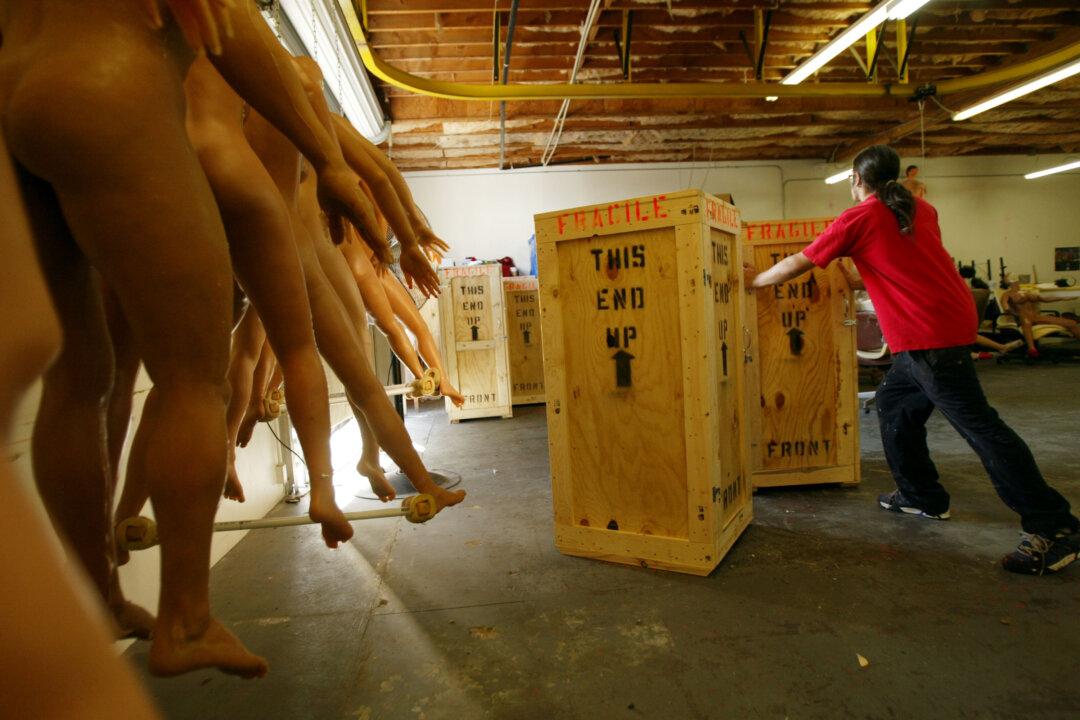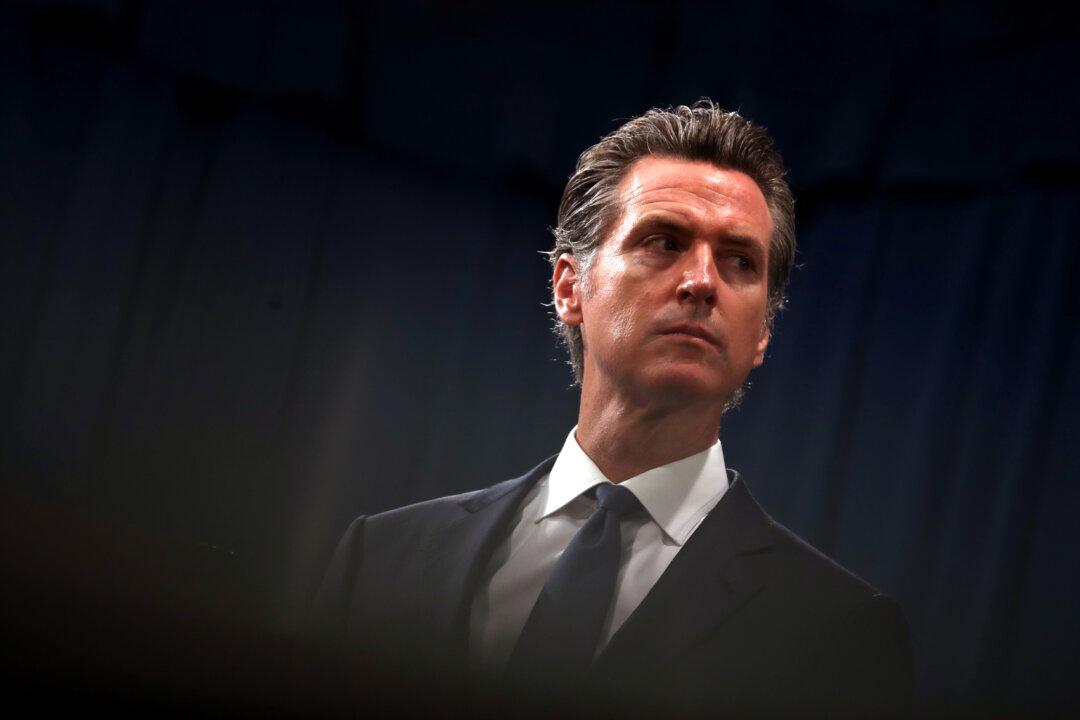A number of international speakers visited Los Angeles recently to speak out about how progressive political movements have threatened the freedom of the citizens of their respective nations.
In October, the American Freedom Alliance’s (AFA), a nonprofit, non-partisan organization aimed at defending and upholding traditional values and ideals, held a conference attended by a number of elected officials, primarily from Europe, along with many from Asia. The speakers highlighted issues their nations are facing, especially regarding communist and socialist movements, immigration, and other major concerns.





